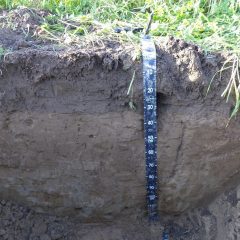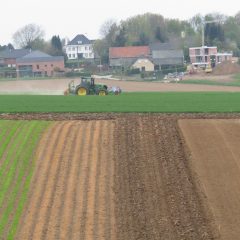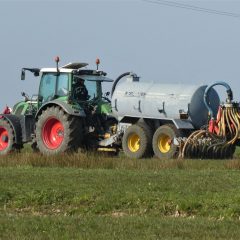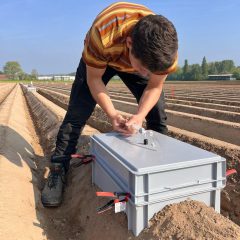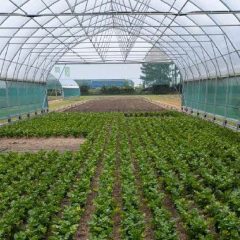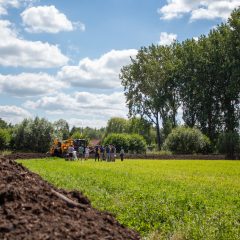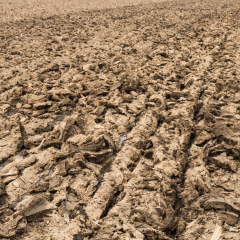Research project Integrated management of plant-parasitic nematodes in tree nurseries and potatoes
Integrated management of plant-parasitic nematodes in tree nurseries and potatoes with primed plants
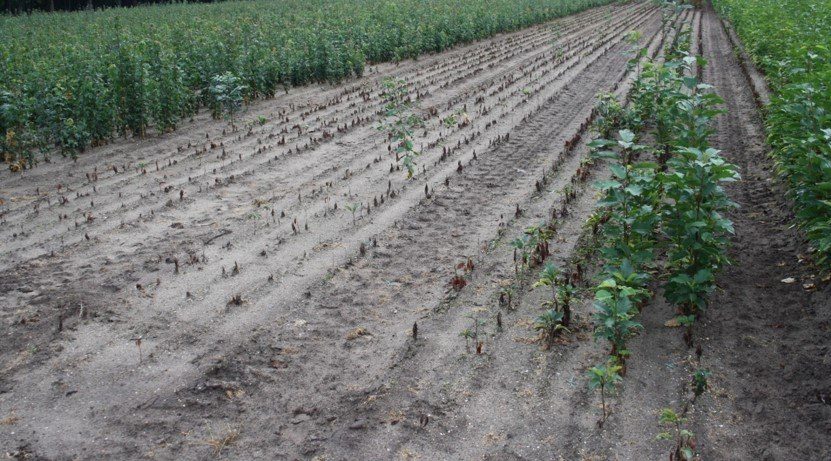
General introduction
Can we efficiently control harmful soil nematodes or nematodes in agricultural soils by using a more integrated approach (i.e. IPM, integrated pest management) and by aiming for a more general soil health? The field experiments planned in the WAKKERE PLANTEN ("primed plants") project provide the answer. In the tree nursery, potato cultivation and outdoor vegetable cultivation, one has the most damage by plant parasitic nematodes (PPN). The researchers here focus on the first 2 sectors. The aim is to teach tree and potato growers to treat their soils more proactively, i.e. in the phase before visible damage occurs. This is also more environmentally conscious and uses newer management methods.
Research approach
The objective is to demonstrate the effectiveness of (biological) agents against plant parasitic nematodes (PPN) under practical conditions in tree nurseries and potato cultivation. It is very important that the companies themselves have to start controlling plant parasitic nematodes through the targeted use of new, and preferentially biological, pesticides. Thus, there will be field trials at a series of tree nurseries and potato growers starting in project year 1. Analyses of the local soil life help to see the effects of interventions on soil health. We optimize the use of (biological) agents. We provide individual guidance for the growers. Through training and communication, we increase vigilance against PPN (even when no damage is yet visible).
Relevance/Valorization
Harmful nematodes sometimes remain under the radar for a long time, as problems often do not manifest themselves until some time has passed. We expect this project to help install a more proactive practice. Undoubtedly, the knowledge of the grower increases in terms of the use of directly applicable, environmentally friendly (biological) agents. By focusing on integrated control with attention to plant and soil resistance, we also expect an improvement in the image of the sectors involved, because of their increased environmental friendliness.
Financing
VLAIO

